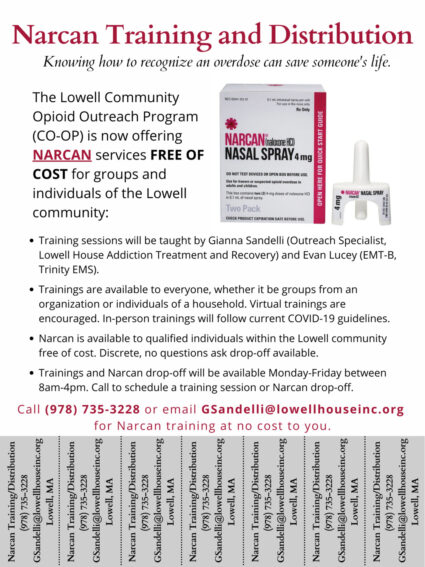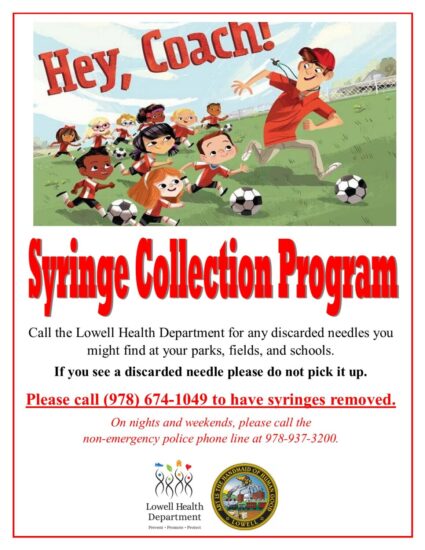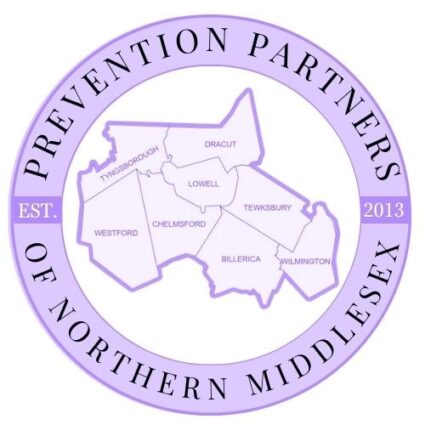The City of Lowell Health Department created the Substance Abuse and Prevention Division in 2017 to house staff dedicated to addressing substance misuse prevention. The Division has expanded greatly since its development, and currently has team members focusing on all parts of the substance misuse prevention and intervention continuum of care.
The Substance Abuse and Prevention Division houses several of Lowell’s prevention and harm reduction programs:
- Syringe Collection Program: 978-674-1049
- Lowell Community Opioid Outreach Program (CO-OP): 978-631-7240
- Youth Substance Misuse Prevention (MassCALL3 Grant): 978-674-1078
- Unwanted Medication and Sharps Disposal Days: 978-674-4304
- Data Collection and Information Sharing: 978-674-1065
Want to learn more about our programs and initiatives? Check out our updates on the City of Lowell’s monthly Board of Health agendas. The Substance Abuse and Prevention Division typically has an attached PDF under the “Director’s Report” that can be accessed on the electronic agenda.
For more information about the Lowell Health Department or the Substance Abuse and Prevention Division, call or visit:
- City of Lowell Health Department, Substance Abuse & Prevention Division: 978-674-4304
- City of Lowell Health Department: 978-674-4010
 |
 |
The Substance Abuse and Prevention Division staff take a collaborative approach to meet their goals by working with a wide network of health, medical, safety, and educational organizations throughout Lowell and the Greater Lowell. Below are highlights of the work that they are doing, often working alongside community partners:
- Provide credible and accurate information regarding initiatives and efforts to address Substance Use Disorder in the City.
- Provide education on proper storage and disposal of unwanted medication and sharps (needles, lancets, EpiPens).
- Provide proper disposal options for unwanted medications and sharps (needles, lancets, EpiPens).
- Oversee and work as team members on the City’s post-overdose response team, the Lowell CO-OP.
- Implement prevention efforts to reduce the use of substances of first use (alcohol, nicotine, cannabis).
- Work to effect changes to social norms around Substance Use Disorder.
- Connect individuals with Substance Use Disorder and families with treatment options and support and recovery resources.
- Provide outreach education to schools, youth, and family serving agencies and other community organizations.
- Strengthen knowledge of local substance abuse, mental health, medical, supportive, and recovery resources.
- Work to ensure there are adequate prevention and treatment options available to meet the needs of the community.
- Promote a deeper understanding of Substance Use Disorder as a disease.
- Collaborate with community agencies to promote and implement prevention and harm reduction efforts.
Lowell is a community partner of Prevention Partners of Northern Middlesex (PPNM)

